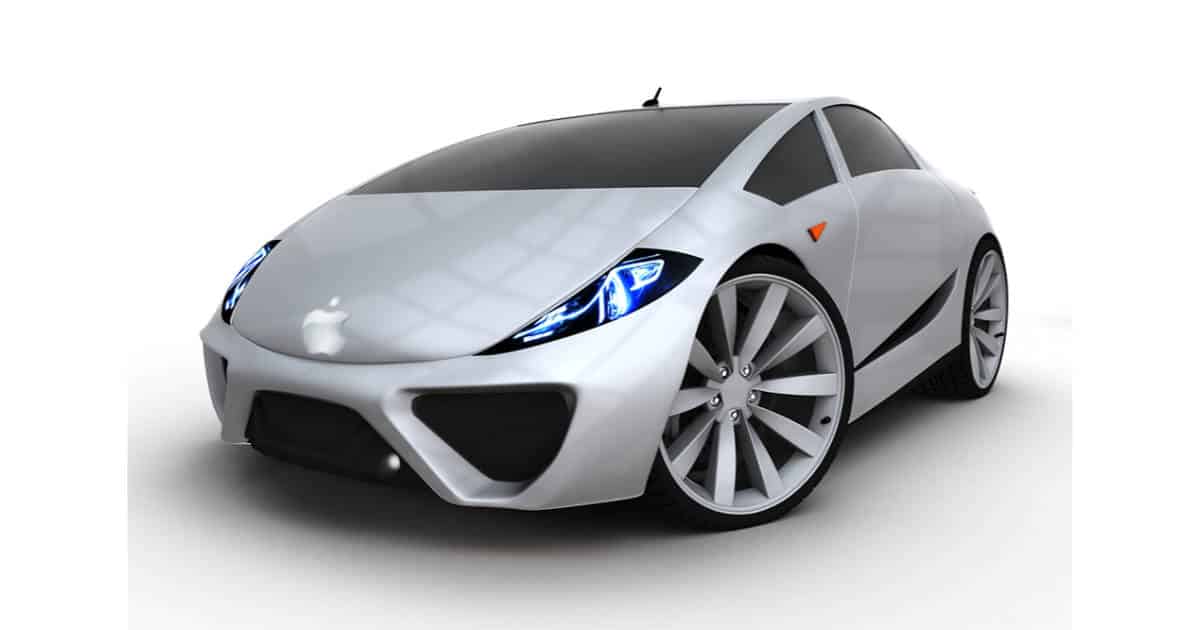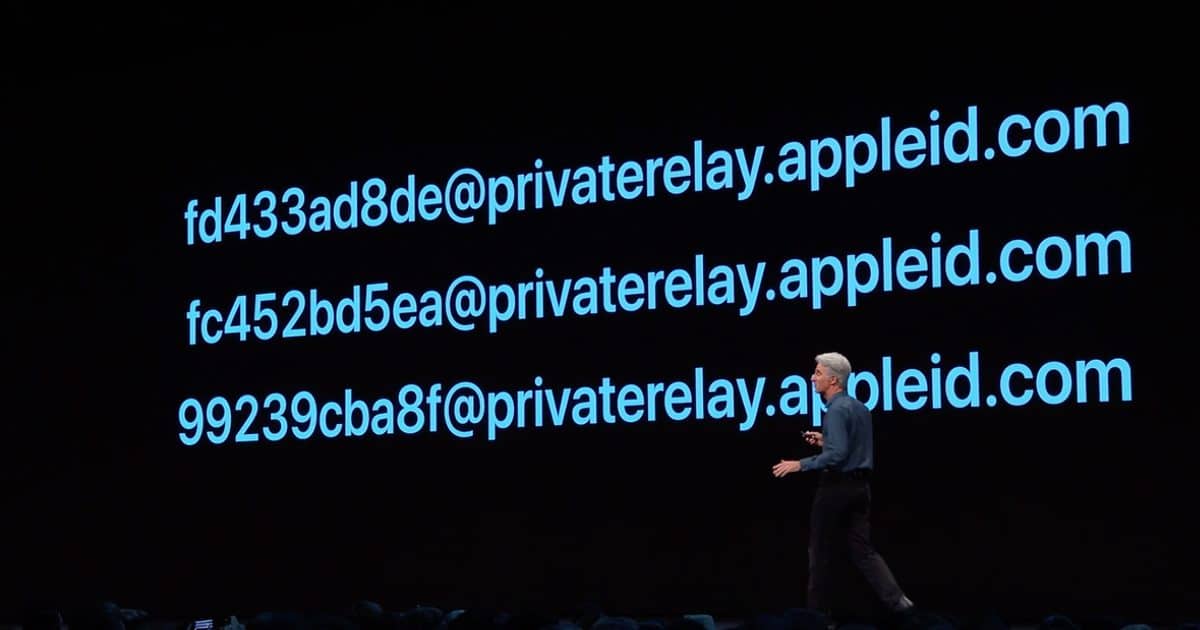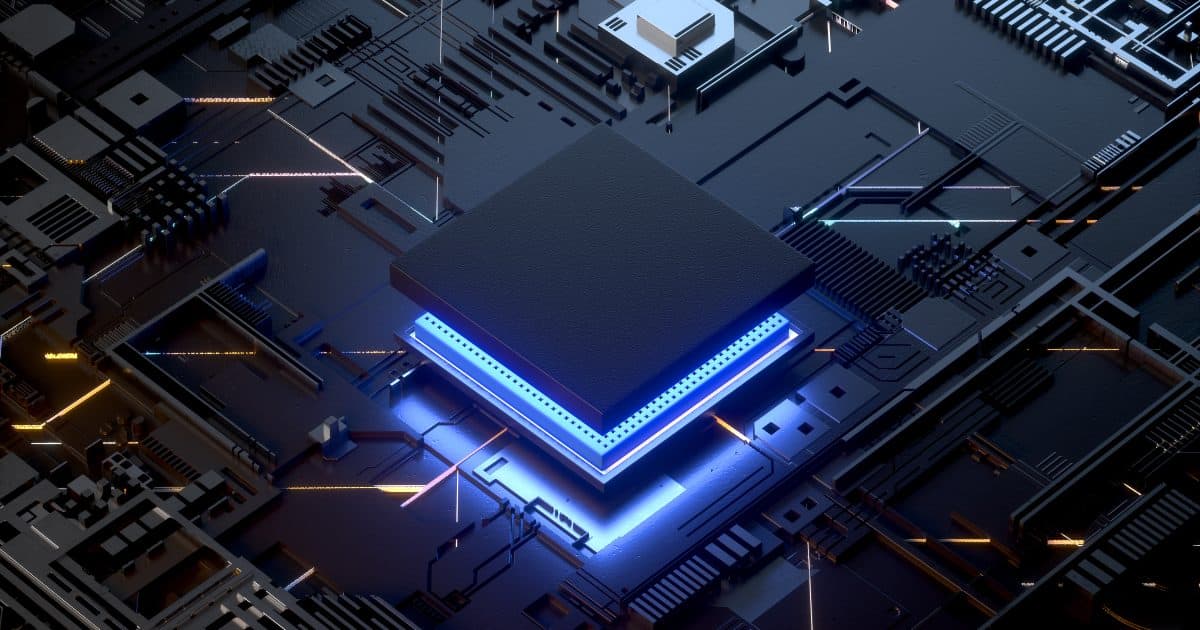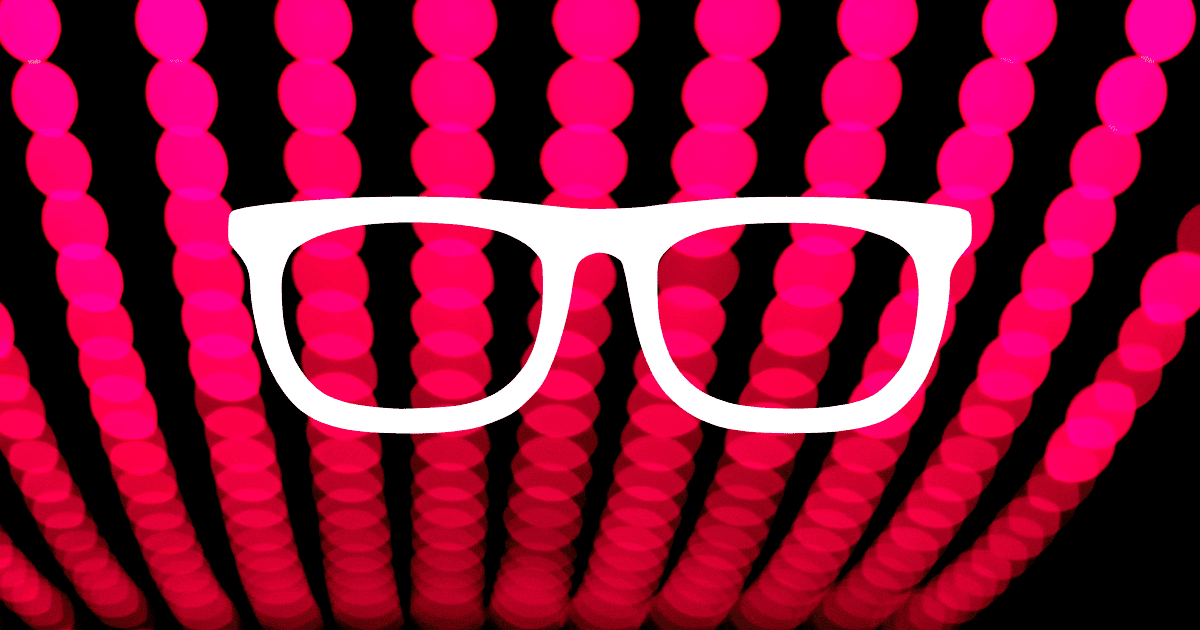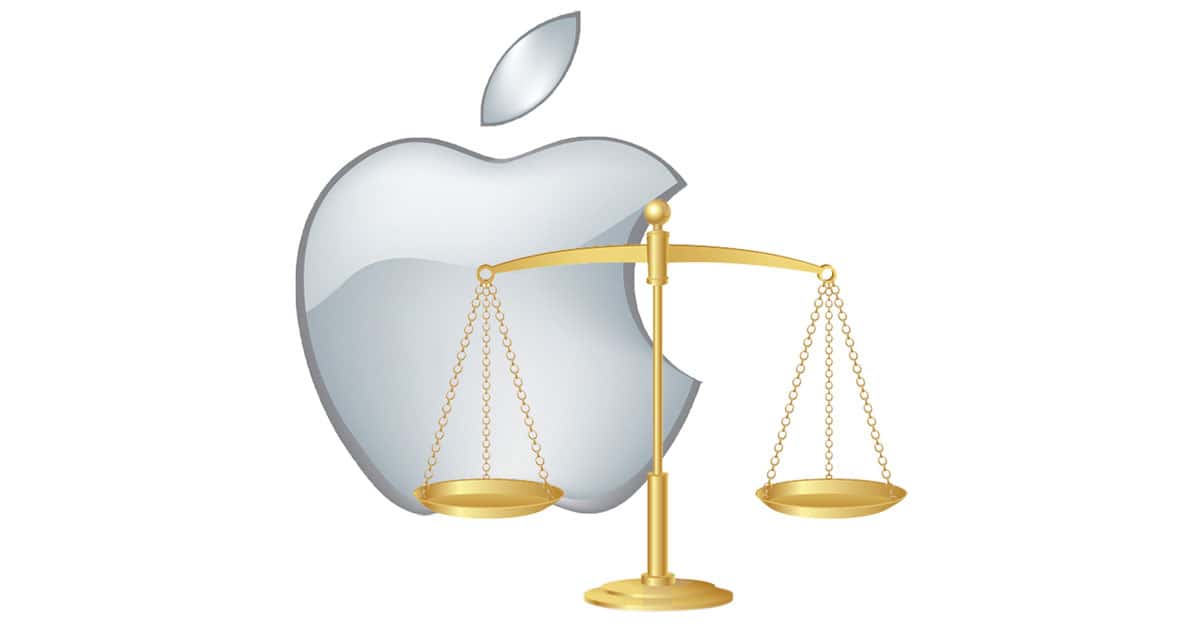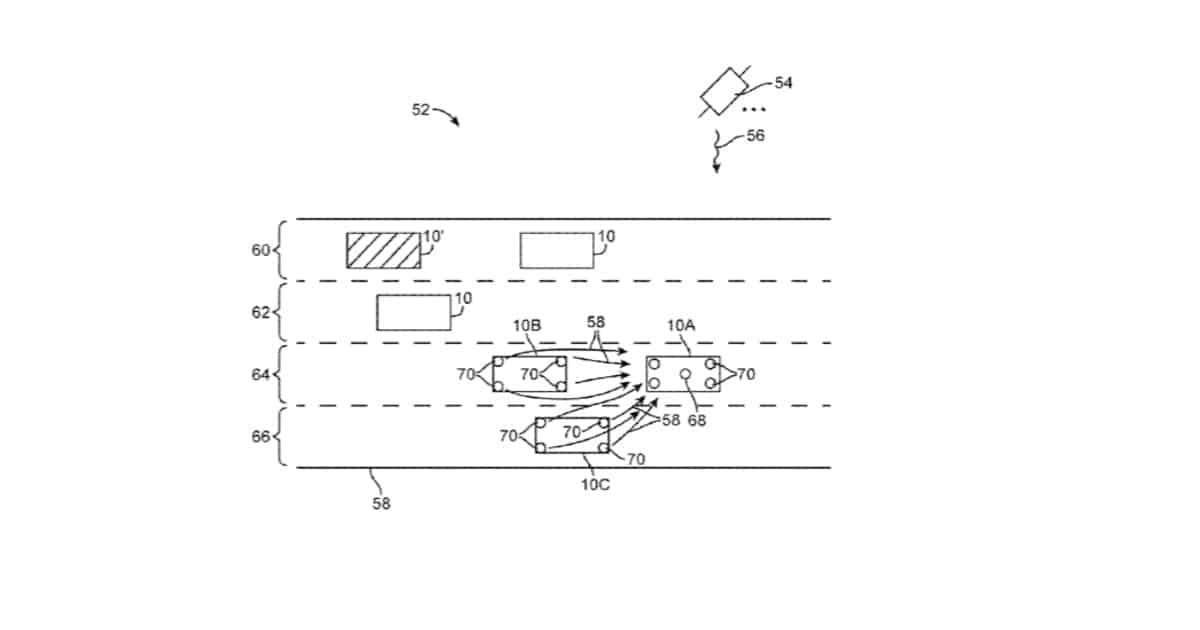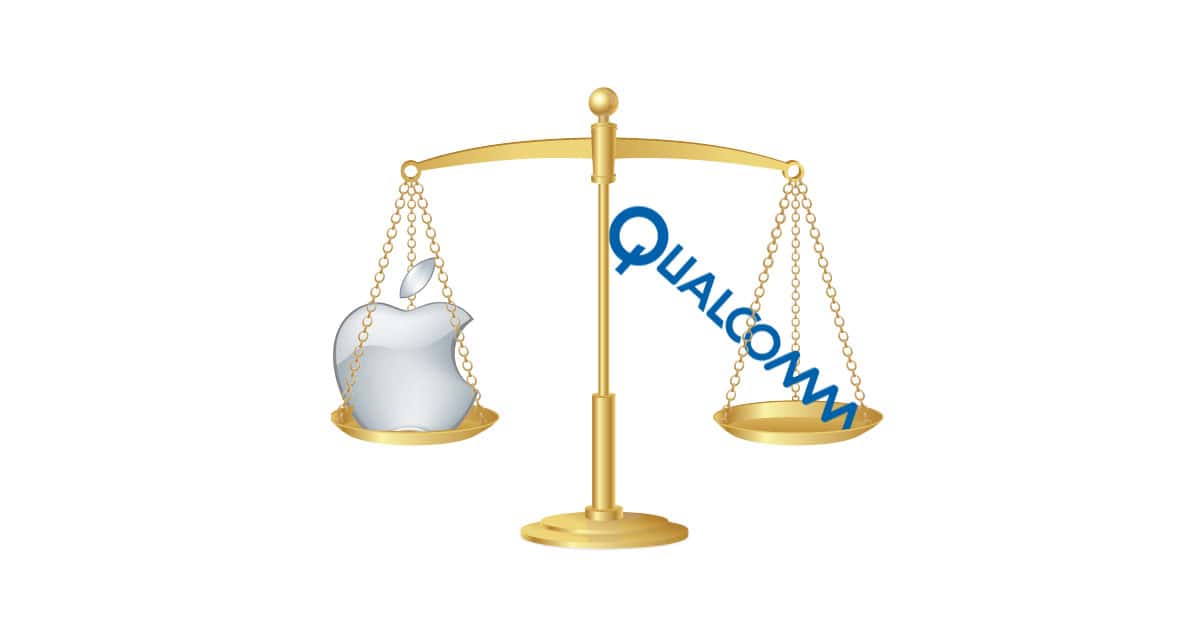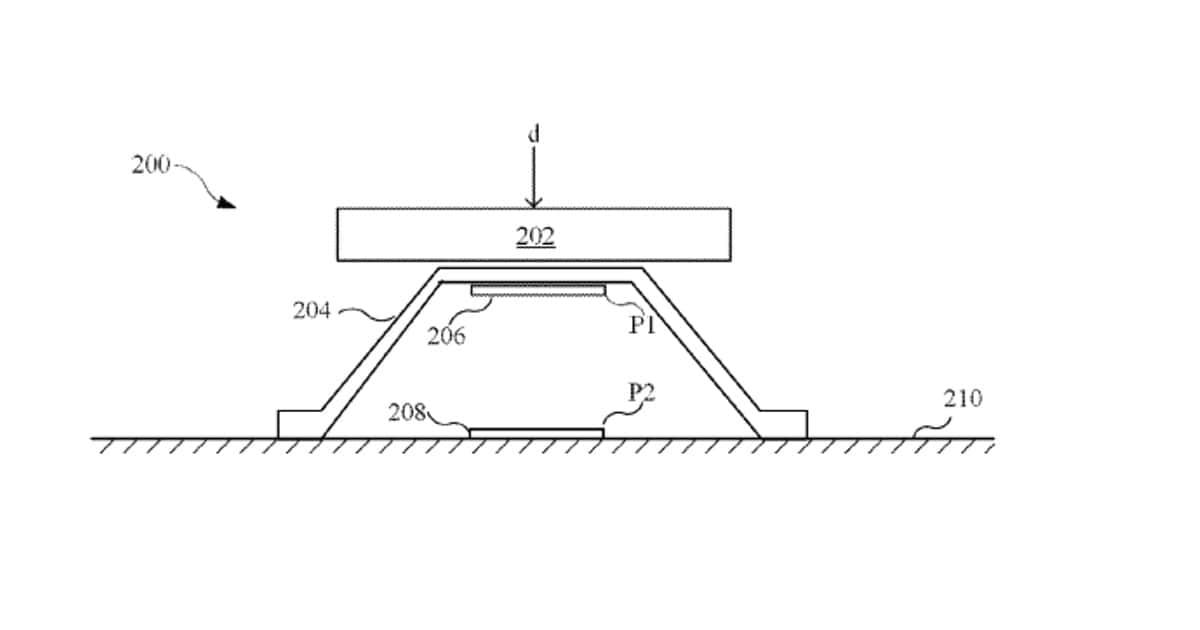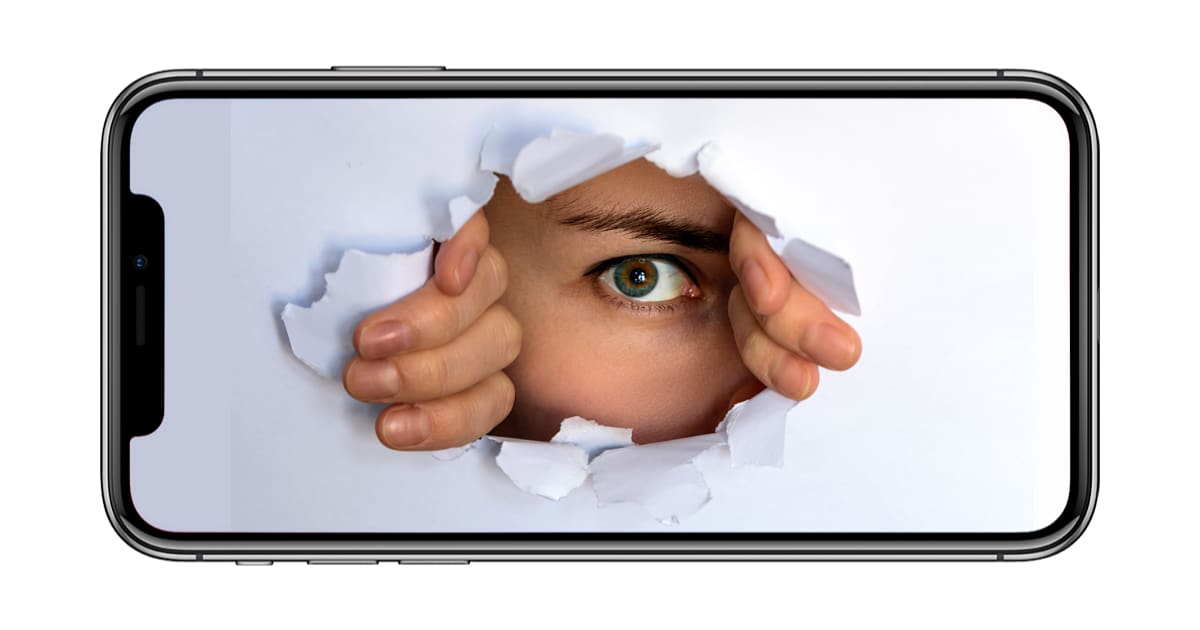Apple’s much speculated upon self-driving car might have a radar system hidden within the bodywork. That’s according to a patent granted Tuesday and uncovered by AppleInsider.
In Apple’s design, it suggests the use of antennas to transmit a radar beam towards a portion of a field of view, along with a vertical antenna array to receive the bounced-back signal. The receive antenna array can consist of multiple antenna elements grouped into sub-arrays, with each sub-array used to receive scatter signals reflected back at it from a smaller subsection of the field of view. Circuitry is then used to combine the received scatter signals from the antenna array into a combined scatter signal, which is then digitized. A second horizontal receive array performs a similar job, again with sub-arrays and the same process. A signal processor is then used to process the scatter signals from both vertical and horizontal arrays, and to correlate the data from each to give effectively a 3D radar layout.
